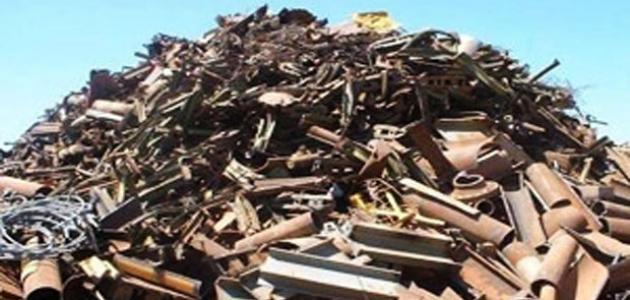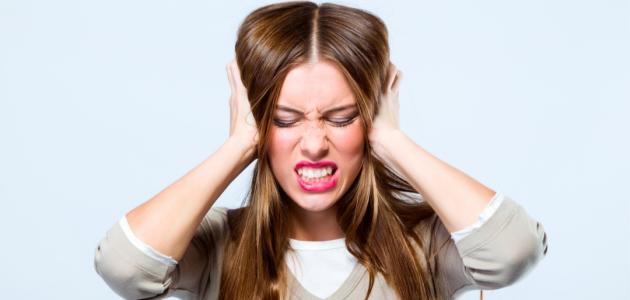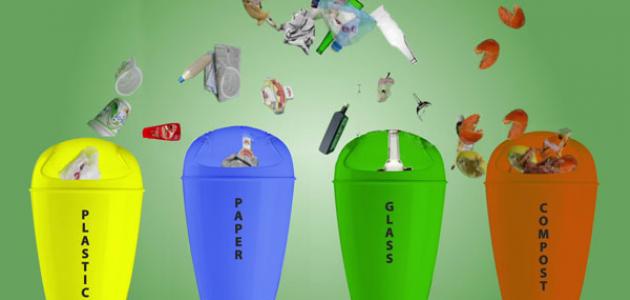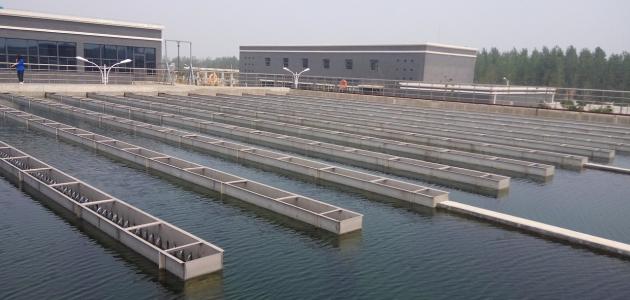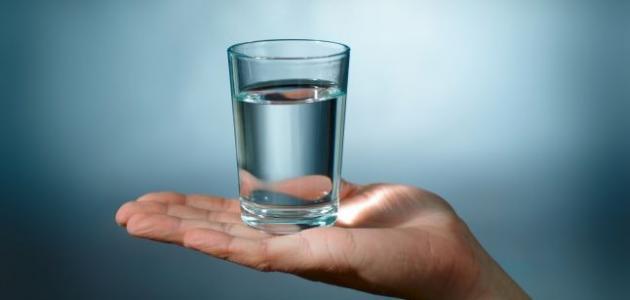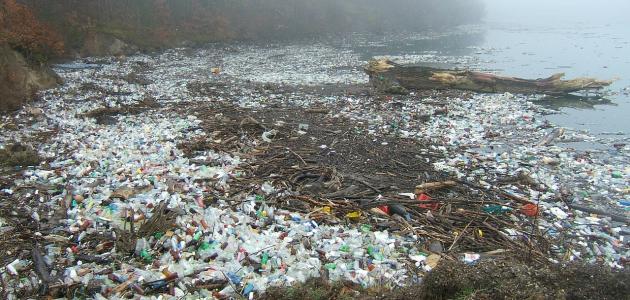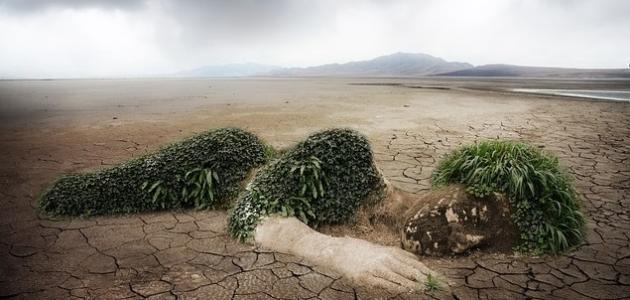Environmental pollution control
Some natural phenomena such as forest fires and volcanic eruptions produce many environmental pollutants, but the word pollution is generally used to denote pollution resulting from human activities, so the problem of pollution did not exist in ancient times; Because there are enough spaces for everyone to dispose of their waste, and this problem was exacerbated when people began to form groups that contain a large number of individuals who are identified as a group through their waste and waste, for example piles of rubble and waste mounds consisting of shells and bones, and since then until today it has become Pollution is a serious global problem.
In light of the problem of environmental pollution, it is imperative for every individual to combat and reduce pollution, and great efforts are being made to reduce the emission of harmful substances into the environment, including air pollution control, waste water treatment, solid waste and hazardous waste management, in addition to recycling programs.
Measures to reduce the risks of water pollution
There are many procedures and solutions that must be used to reduce the risks of water pollution, including:
- Proper disposal of harmful substances: The products used in the home include many harmful substances, and these products are considered dangerous and toxic materials, and examples of them are: motor oils, household cleaners, paint residues and wall paint cans, and mothballs, and others, as they should not be thrown into drains. , or in agricultural lands, or inside rainwater drainage channels; Because it may contaminate the soil, ground and surface water.
- Reducing the use of pesticides and fertilizers: The use of fertilizers and pesticides should be reduced, and the instructions on the label should be followed when applied to soil and plants, as many of them contain chemicals that can be transferred from the soil to groundwater, and may also be transmitted through water drains to lakes, rivers, and streams.
- Dispose of medicines properly: When disposed of in the toilet, medicines can leak into the groundwater, especially if the house uses a septic tank system, but if the house is connected to wastewater treatment plants, the medicines will be transferred to treatment plants, which will end up in rivers and lakes; Because treatment plants are usually not equipped with devices to remove traces of drugs. As it contains a large proportion of chemicals that may harm the water and cause pollution.
- Maintenance of the sewage system inside the houses: Groundwater and water bodies are exposed to pollution through untreated sewage, as broken sewage systems release bacteria, viruses, and chemicals into waterways and groundwater reservoirs, so they must be maintained every 3 years by specialized persons to avoid such problems.
- Rationalization in the use of water: People should rationalize water consumption; Because the sources of fresh water available on earth are limited, so it is necessary to use water-saving devices for basins and in laundries, close the water tap when brushing teeth, collect and wash clothes at once, and irrigate garden plants with moderate amounts of water, which reduces the amount of wasted water that reaches To wastewater laden with chemical pollutants resulting from washing dishes or clothes, or those laden with pesticide pollutants that move with the surface runoff water.
- Water testing and lead contamination: Lead is found in some water pipes and some pipe connections that transport water, which allows it to enter drinking water and cause many health problems, especially in children. This problem can be solved by using a filter to purify the water.
Measures to reduce the risks of air pollution
Many actions can be taken to reduce air pollution caused by human activities, including:
Read also:Effects of helium gas on humans- Turning off electrical appliances such as televisions and light switches when not in use, as power plants usually use coal, oil, gas, or nuclear energy to produce electricity, so reducing the use of fuel reduces the gases emitted from combustion processes, which allows living organisms Breathe more fresh air.
- Wearing jackets during the winter and maintaining the house temperature at a certain degree; Because this reduces the use of energy for heating, and thus reduces pollution.
- Using a bicycle or walking, as well as using public transportation to move between remote places.
- Avoid smoking and stay away from passive smoking. Because it causes gases and polluted microparticles to enter the lungs, causing many diseases.
- Contacting the local Environmental Protection Agency and reporting the excessive emissions of fumes from companies.
- maintaining ventilation of buildings; To reduce the level of polluted air inside the building by ensuring that the ventilation system in the building is good, and the ventilation system must be cleaned regularly; To prevent the accumulation of certain materials such as mold and dust, windows should also be opened when cleaning, doing housework, or smoking.
- Reduce exposure to outdoor polluted air by checking the AQI Air Quality Index and avoiding traffic jams as much as possible.
- Reducing burning operations inside the house and garden, and if only that option is available, clean fuels and high-efficiency devices must be used.
- Turn off the car's engine when parking or when waiting for traffic lights to open.

